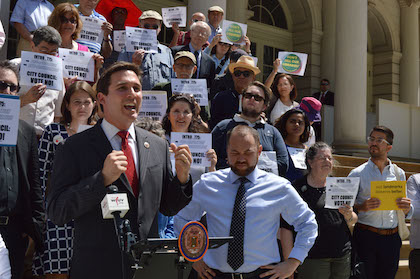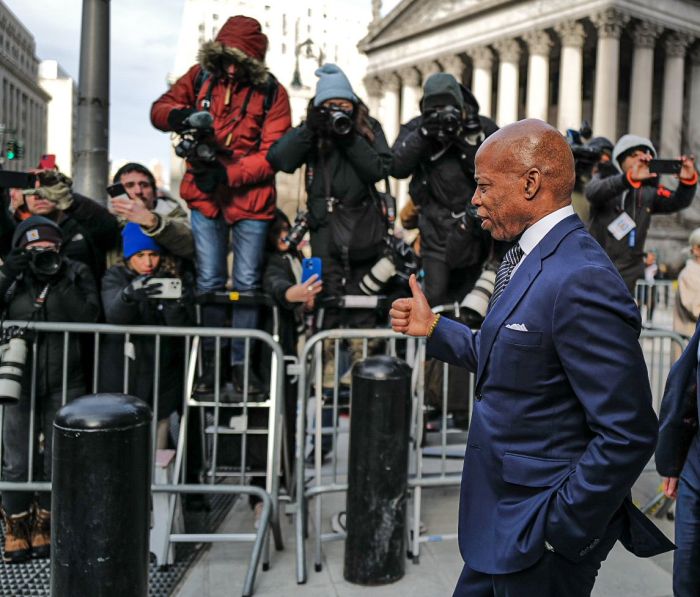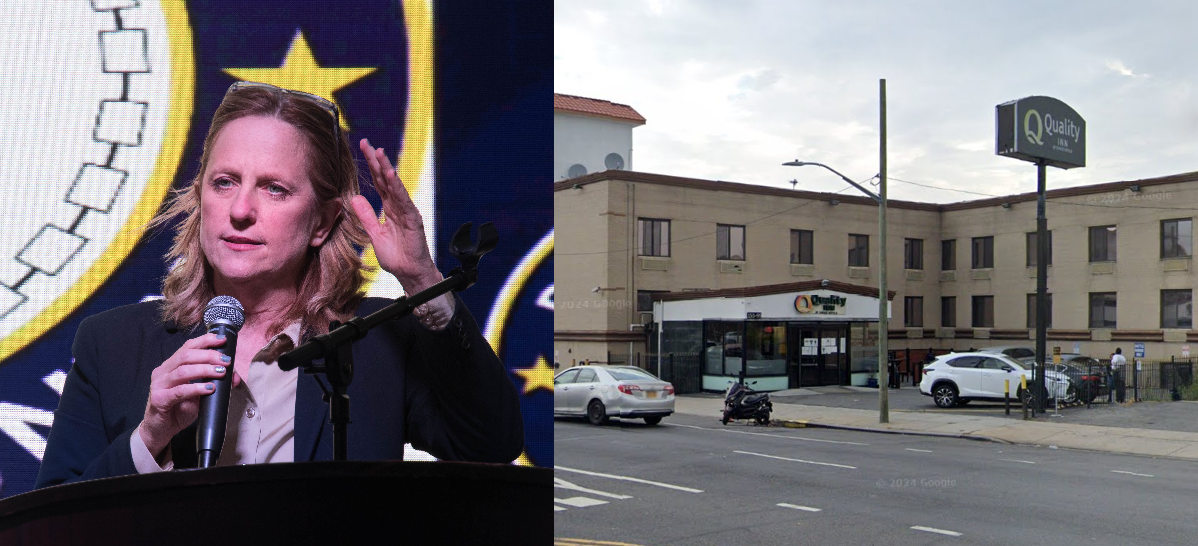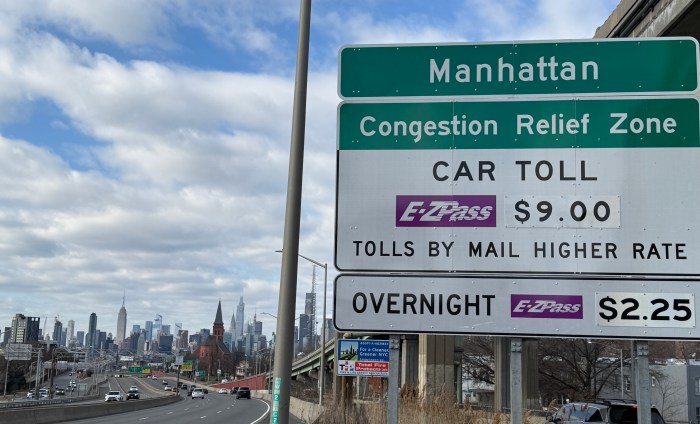
BY JACKSON CHEN AND YANNIC RACK | Just a day after the City Council’s Land Use Committee voted in favor of controversial landmarking reforms, the bill was passed by a large majority of the Council. But preservationists, though still adamantly opposed to the measure approved on June 8, have found a sliver of solace after discovering a technicality they say could undermine its negative impacts.
Under the bill, Intro 775-A, the LPC would be allowed one year to designate an individual property as a landmark. The property would be removed from the calendar if there’s no action from the LPC during that year, but the commission could extend its review for another year after receiving consent from the property owner.
For historic districts, the law sets a timeline of two years for an LPC decision before it is de-calendared, with no opportunities for extensions.
But, opponents of Intro 775-A are now arguing that the commission has the ability to side-step the one-year deadlines for landmarking individual properties by de-calendaring an item and then immediately re-calendaring it during the same meeting. That action would start the one-year clock over again, freeing the commission from having to seek approval from the property owner, according to the preservationists.
“We understand the Landmarks Commission has the discretion to put things on the calendar and take them off the calendar with the appropriate vote and noticing,” said Simeon Bankoff, executive director of the Historic Districts Council. “If something lapsed from the calendar because of the deadline, it is theoretically possible for LPC to re-calendar the property during the initial period.”
When asked about the LPC’s ability to skirt the proposed new law’s deadlines in that fashion, the commission declined to offer any interpretation of the measure, except to voice satisfaction with changes made to it prior to its passage.
“We appreciate that the City Council has made changes to the legislation based on our testimony and suggestions,” LPC spokesperson Damaris Olivo said in a written statement. “We believe the legislation as drafted will provide the flexibility necessary for the commission to fulfill its mandate.”
Even with the possibility of the LPC having the flexibility to extend review of possible landmarks unilaterally, Kate Wood, the president of Landmark West!, said that didn’t provide foolproof security for calendared properties.
“Having the power and using the power are two different things,” she said. “This puts a sizable burden on communities throughout the city to be vigilant about the commission and how and when it acts on designations.”
Wood and other preservationists remain harshly critical of the overall reach of Intro 775-A.
Wood explained that the new law introduces a default of de-calendaring for properties that receive no action from the LPC. And, with the commission required to seek owner consent in the event calendaring lapses, she said, property owners essentially enjoy veto power over landmarking decisions.
According to Bankoff, preservationists across the city began to worry when the first version of the bill included a five-year moratorium on reconsideration if a calendared property surpassed its one-year deadline. That stipulation was removed, with a new draft circulated to the Council’s Land Use Committee just a few days prior to its June 7 meeting.
When Intro 775-A reached the Council floor the following day, it passed handily, with only 10 members voting against it and an overwhelming 40 in favor.
Before his no vote, East Side Councilmember Ben Kallos criticized how quickly the bill moved to a vote after it was introduced in its final form just a week before.
When asked his view about whether the LPC has the ability to bypass the measure’s stated deadlines in the way preservationists are now suggesting, Kallos said only that the bill could have incorporated greater flexibility and more definitive language regarding extensions.
“This flexibility should be explicitly written into the law and not left up to speculations or loopholes,” Kallos said.
Kallos’ no vote was joined by four other members who represent Midtown and the Upper East and West Sides ––Dan Garodnick, Corey Johnson, Mark Levine, and Helen Rosenthal.
“I wish I could support [this bill] since I think in many ways it could bring us a more efficient landmarks process,” Rosenthal said. “My concern is with the few bad apple owners who look for any chance to demolish historic buildings as soon as they see a window of opportunity.”
But Brooklyn Councilmember David Greenfield, the Land Use Committee’s chair and the measure’s lead sponsor, contended the bill is simply meant to improve the efficiency of the landmarking process by establishing strict deadlines that would avoid the backlog that built up in recent years.
“That we have had over 90 items languishing for more than 50 years on the landmarks calendar is absurd,” Greenfield said, in apparent reference to a handful of those items that had remained calendared for decades.
A City Council staffer familiar with the issue said, on June 8, that Greenfield had always been aware of the LPC’s extension loophole, and added that in the councilmember’s view the intent of the legislation –– to make the landmarking process more transparent — would still be achieved, even if the commission chooses to exercise its ability to unilaterally re-calendar a property as its one-year deadline approaches.
That staffer added that the bill’s sponsors don’t think the situation would reach that point.
“We don’t expect this will ever come up,” the staffer said.
Bankoff, in contrast, said that city’s preservation groups only found out about this loophole early this week — though the Council source insisted the issue was familiar to all involved from the get-go.
“This was told to us through Council sources earlier this week, before the Land Use Committee meeting on Tuesday, and we confirmed it with sources at the LPC,” said Bankoff, adding that he thinks the sponsors’ refusal to consider amending the bill runs counter to their claim that the measure is intended to make the landmarking process more transparent.
Critical of the rush to pass the bill, Bankoff added that the reforms were unnecessary and simply create burdens for the LPC, which could regulate itself and still has the authority to do so.
“I’m glad the Landmarks Commission has the ability to re-calendar essentially at will,” Bankoff said. “Because under these newly adopted guidelines, 30 percent of the historic districts would not have been designated.”


































